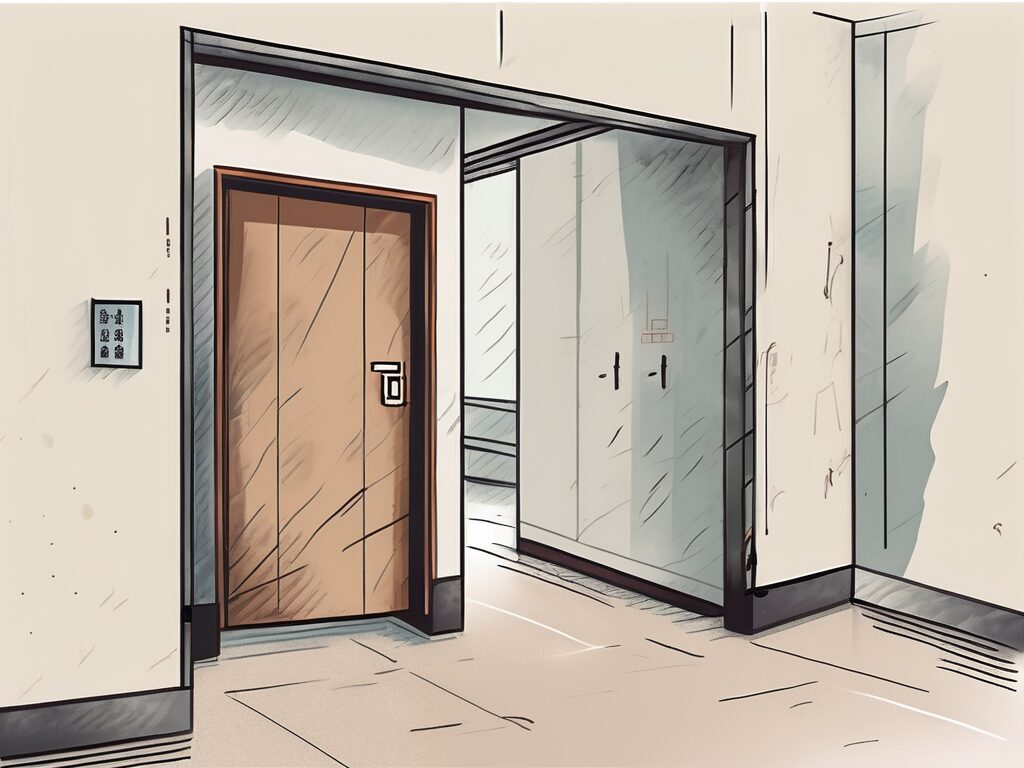Teaching abroad is an exciting prospect for many educators. It offers the opportunity to immerse oneself in a new culture, learn a new language, and broaden one’s professional horizons. However, teaching abroad, particularly in China, comes with its own set of challenges. For IPGCE teachers, these challenges can be quite daunting, especially when it comes to navigating the education system and overcoming the barriers that exist. In this blog post, we will delve into six key factors that pose as education barriers in China for IPGCE teachers.
1. Language Barrier
The first and perhaps most obvious barrier is the language. While English is taught in most Chinese schools, it is not the primary language of instruction. This can pose a significant challenge for IPGCE teachers who are not fluent in Mandarin. Not only does it make classroom instruction more difficult, but it also affects communication with colleagues, parents, and even in day-to-day life.
However, it’s not all doom and gloom. Many schools offer Mandarin lessons for foreign teachers, and there are plenty of language learning resources available online. Plus, immersion is one of the best ways to learn a new language, so you’ll have that going for you.
2. Cultural Differences
Another significant barrier is the cultural difference. China has a rich and diverse culture that is vastly different from Western countries. This can affect various aspects of teaching, from classroom management to teaching methodologies. For instance, Chinese students are often more reserved and less likely to participate in class discussions compared to their Western counterparts.
Understanding and respecting these cultural differences is crucial. It can help build a positive rapport with students and make the teaching experience more rewarding. Remember, it’s not about changing your teaching style but adapting it to fit the cultural context.
3. Curriculum Differences
The Chinese education system and curriculum are quite different from those in Western countries. The focus is often on rote learning and memorization, with less emphasis on critical thinking and creativity. This can be a significant adjustment for IPGCE teachers who are used to a more holistic and student-centred approach to education.
It’s important to remember that while the system may be different, the goal is the same: to provide the best education possible for the students. Being flexible and adaptable is key. You might need to adjust your teaching methods to align with the curriculum, but that doesn’t mean you can’t incorporate your own teaching philosophies and methods into your lessons.
4. Workload and Expectations
Teaching in China can be quite demanding. The workload is often heavier, and the expectations are high. Teachers are expected to be available for after-school activities, parent-teacher meetings, and other school events. This can be quite overwhelming, especially for new teachers.
However, it’s important to remember that these expectations are not unique to China. They exist in schools all over the world. The key is to manage your time effectively and set boundaries when necessary. Remember, it’s okay to say no sometimes.
5. Legal and Visa Issues
Legal and visa issues can also pose a barrier for IPGCE teachers in China. Obtaining a work visa can be a lengthy and complicated process. There are also strict regulations regarding foreign teachers, including qualifications, experience, and even age limits.
It’s crucial to do your research and understand the legal requirements before you make the move. Consulting with a legal expert or a reputable recruitment agency can also be helpful. They can guide you through the process and ensure you have all the necessary documentation.
6. Social Isolation
Last but not least, social isolation can be a significant challenge for IPGCE teachers in China. Being far away from home, in a country where you don’t speak the language and aren’t familiar with the culture, can be quite isolating. This can affect your mental health and overall well-being.
However, there are ways to combat this. Joining expat groups, participating in social activities, and making an effort to learn the language and engage with the culture can help. Remember, it’s okay to ask for help and seek support when you need it.
In conclusion, while there are certainly challenges to teaching in China, they are not insurmountable. With the right preparation, flexibility, and a positive attitude, IPGCE teachers can overcome these barriers and have a rewarding teaching experience in China.
Take the Next Step in Your Teaching Career with IPGCE
Overcoming the barriers to teaching in China is a significant step towards a successful international teaching career. If you’re ready to enhance your qualifications, connect with a global network of educators, and unlock new career opportunities, the IPGCE is here to guide you. Join the UK’s #1 Teacher Training Course and become part of a program that has already helped countless teachers increase their interview callbacks, achieve promotions, and receive substantial salary increases. Don’t let isolation or a lack of understanding of global education systems hold you back. Embrace the chance for professional development with our flexible online study options. Join the IPGCE program today and start your journey to a more rewarding teaching experience in China and beyond.

